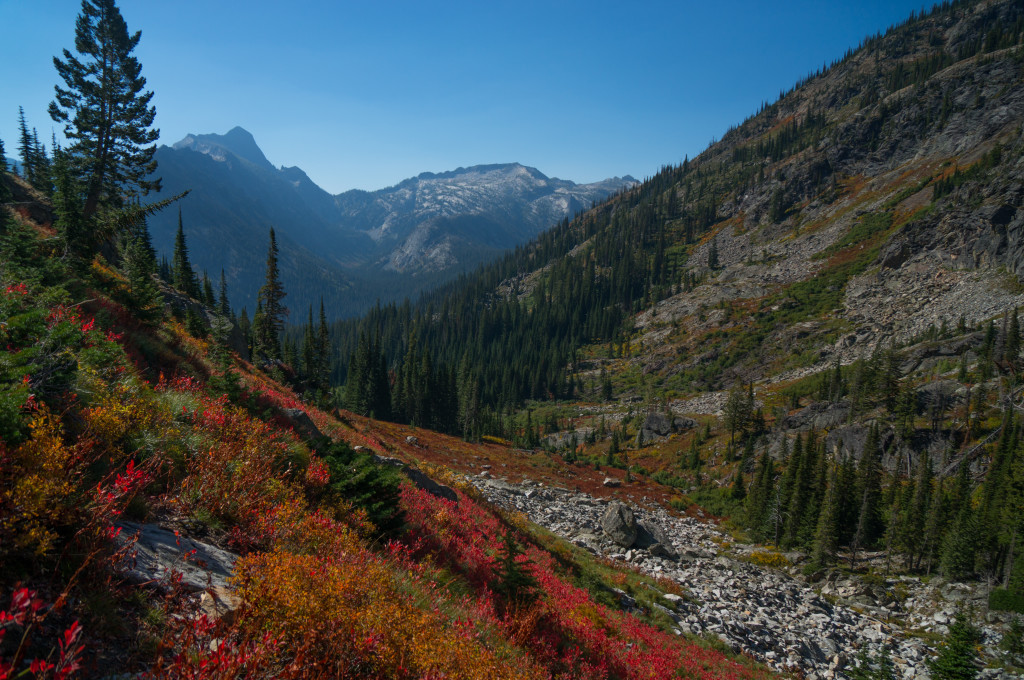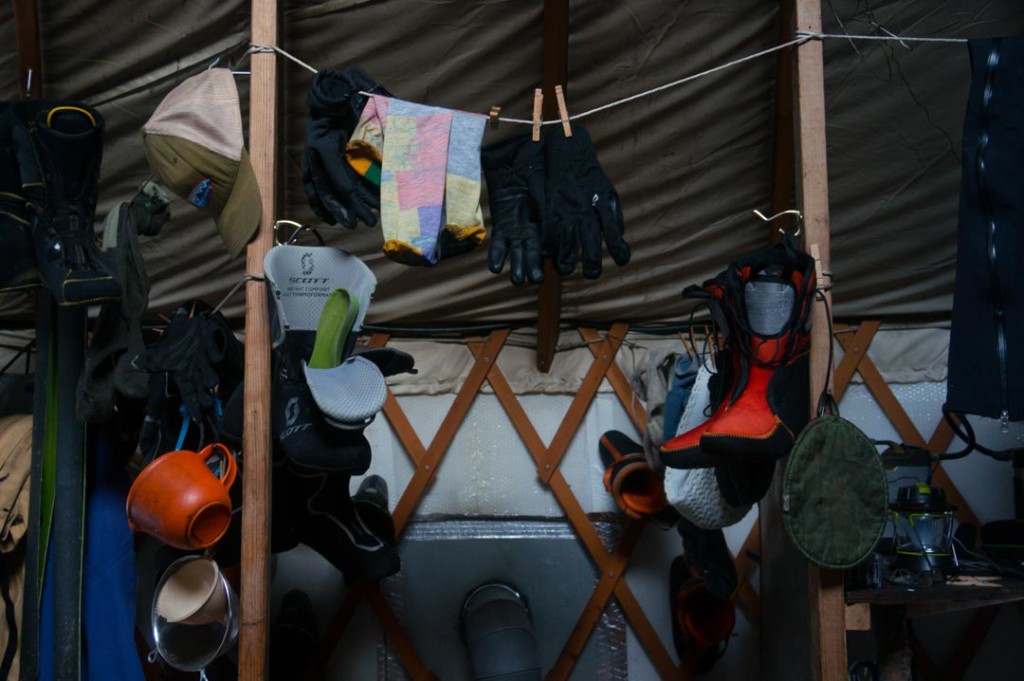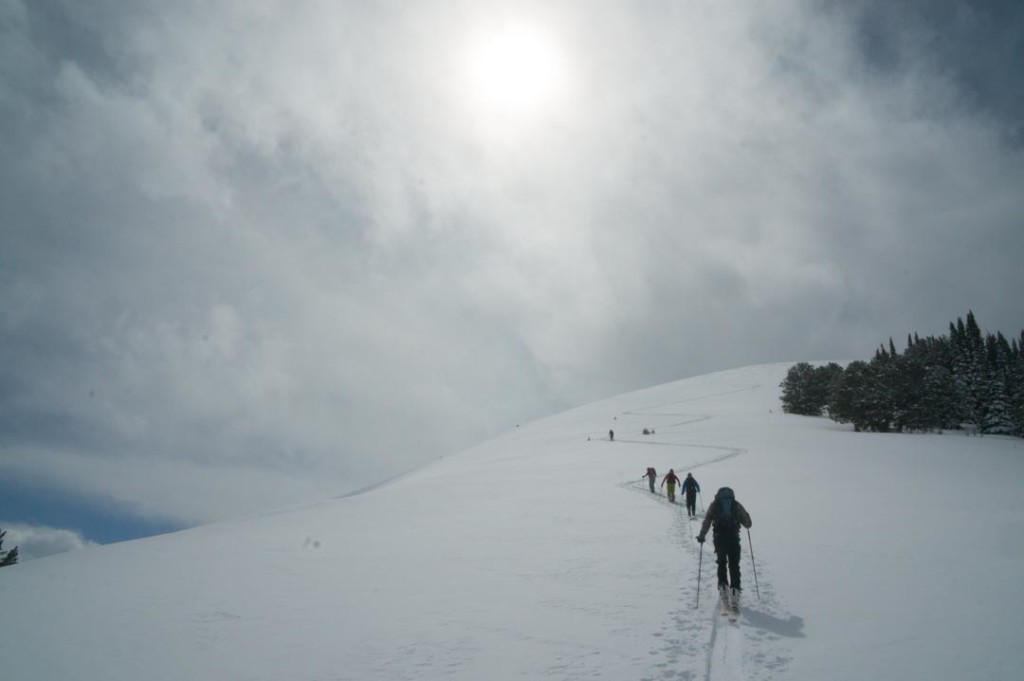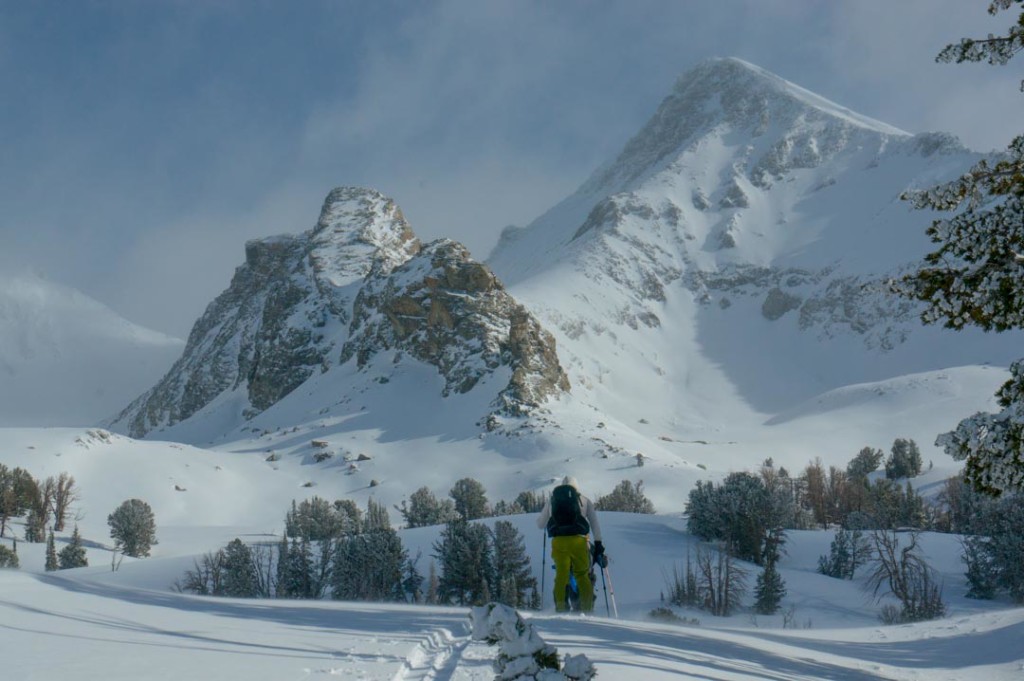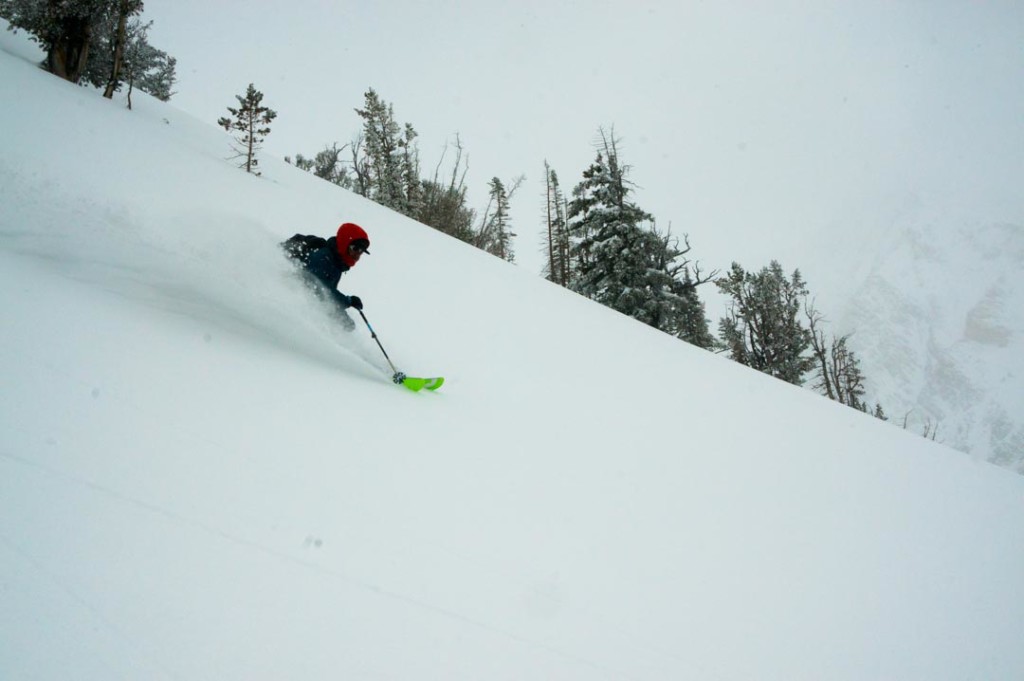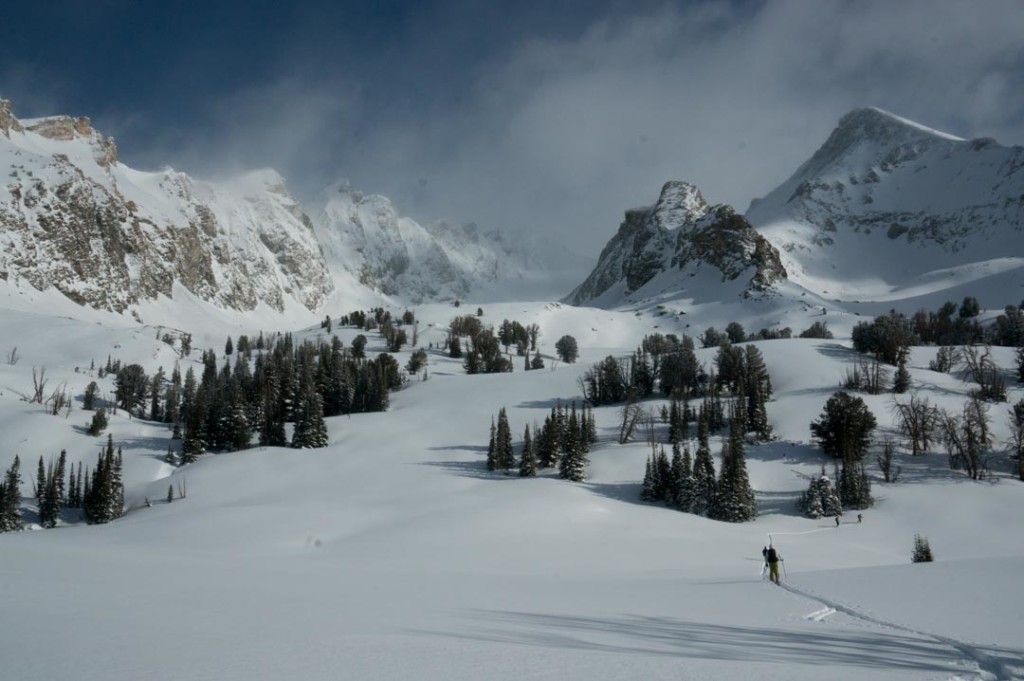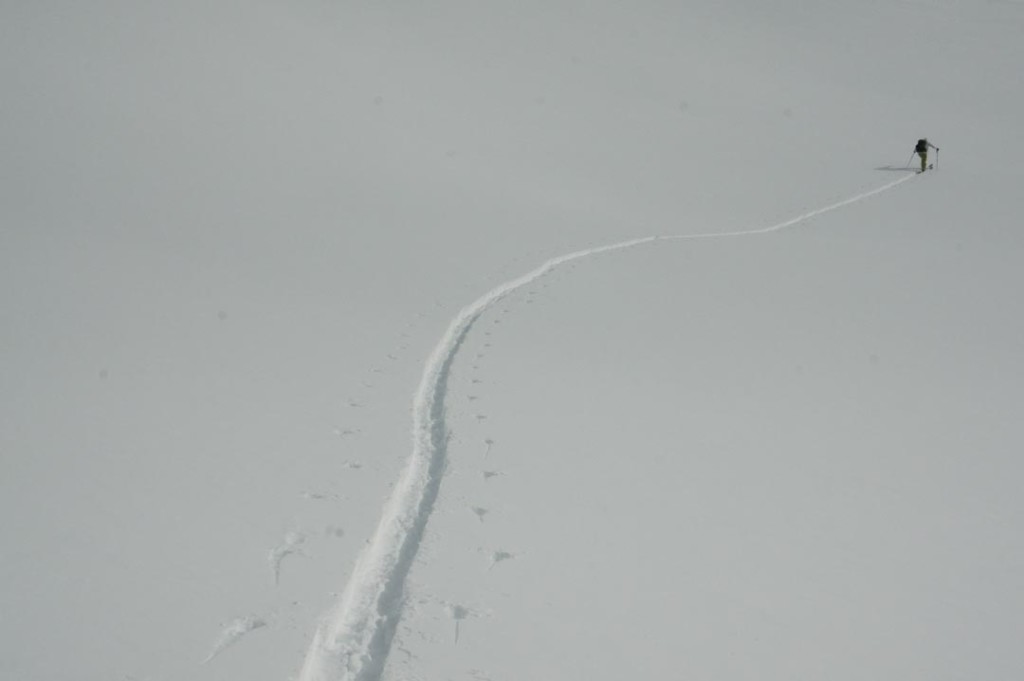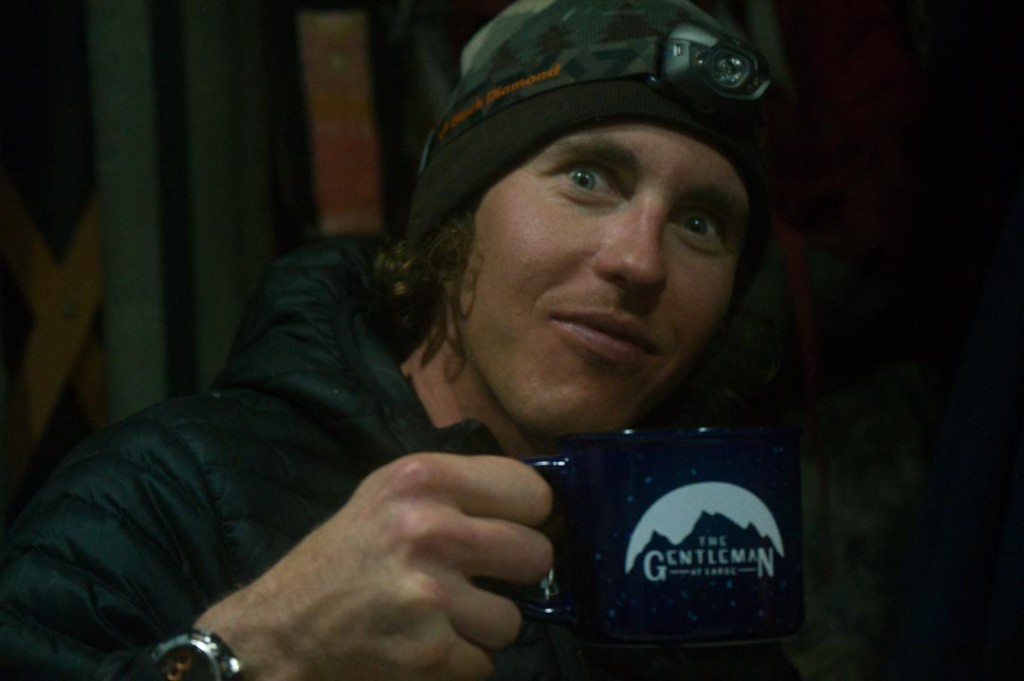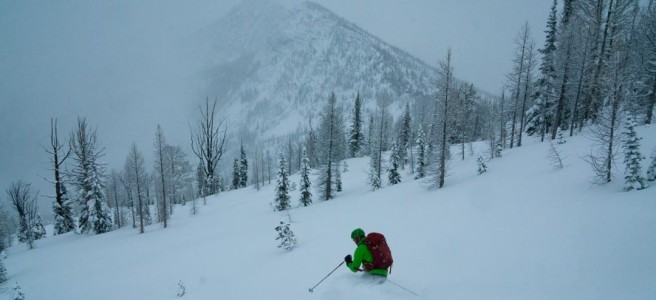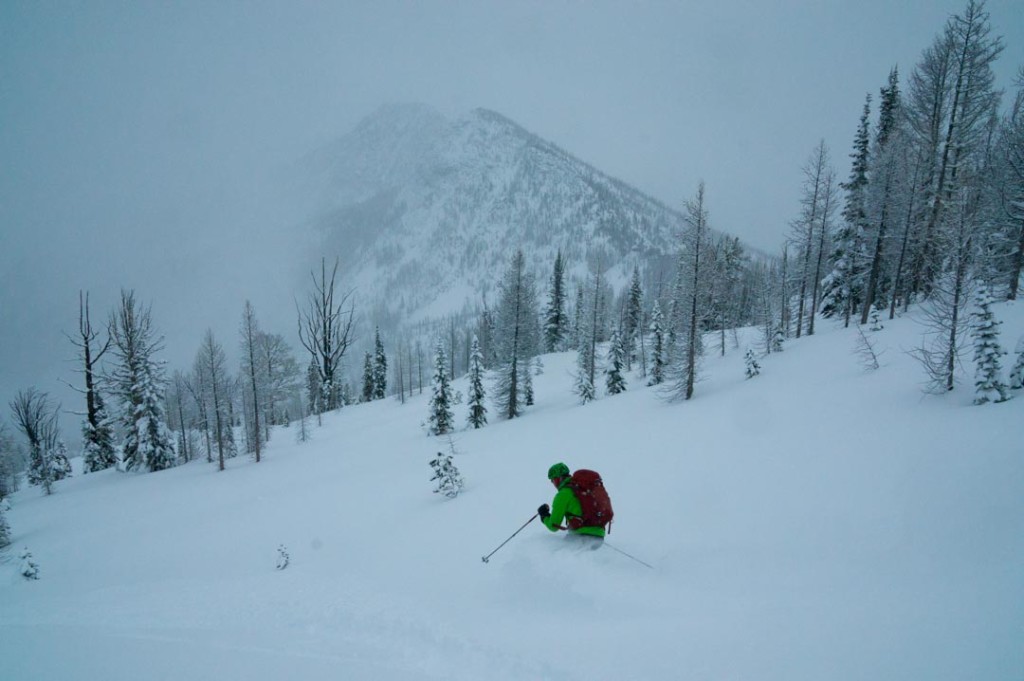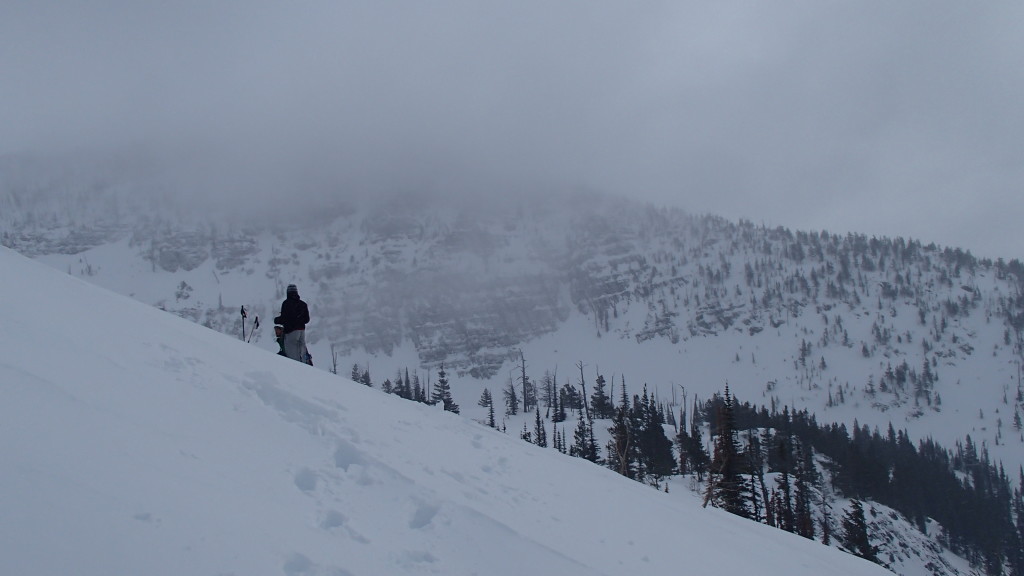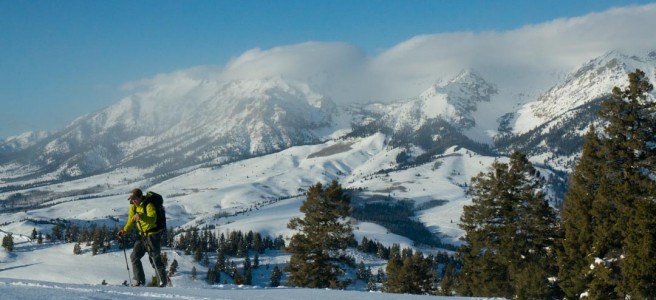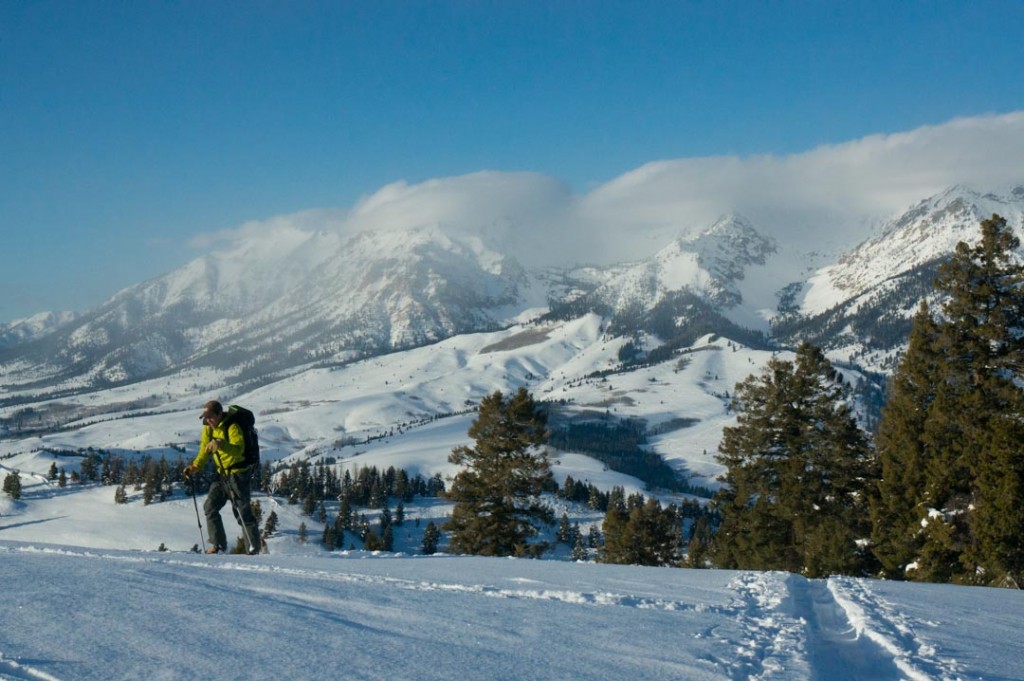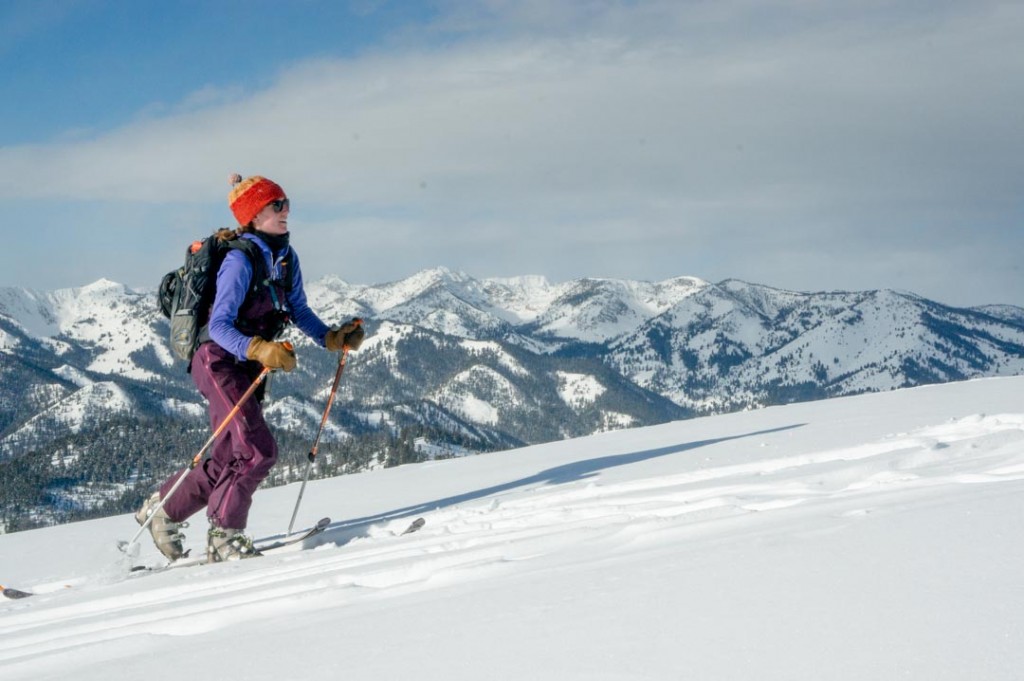“Show me a picture of myself,” she said. He acquiesced. She looked at the photo on his cellphone and for only a moment was mesmerized. “Show me another one.”
The dinner party nursed stemless glasses of Turkish red wine and laughed. Of course her narcissism can be excused: she’s two years old. We brandished our glasses and wondered together when in life a person grows beyond self interest, and settled on some time between two and our own respective ages.
A while later the friends left. Sometimes a room can be overcrowded with loved ones so that after they go away laughter radiates from the walls and furniture the way a pan is still hot after it’s been removed from the stove. (Maybe I was just drunk?)
But there was a glow to the kitchen while I washed a few dishes before putting off most of them for the morning. I felt warm, and loved, and my mind wandered a bit to a short piece I’d read earlier in the day about the Sustainable Trails Coalition.
If you haven’t heard of the Sustainable Trails Coalition (STC), it’s a proposed piece of legislation that would allow regional land managers the discretion to open designated Wilderness areas to mountain bikes, where they’re currently banned. It confronts a long simmering issue head on, and is controversial to say the least. The issue has pitted sandals-with-socks traditionalists against the loud talking, neon wearing new schoolers that are positioned to inherit a legacy of land stewardship in the west.
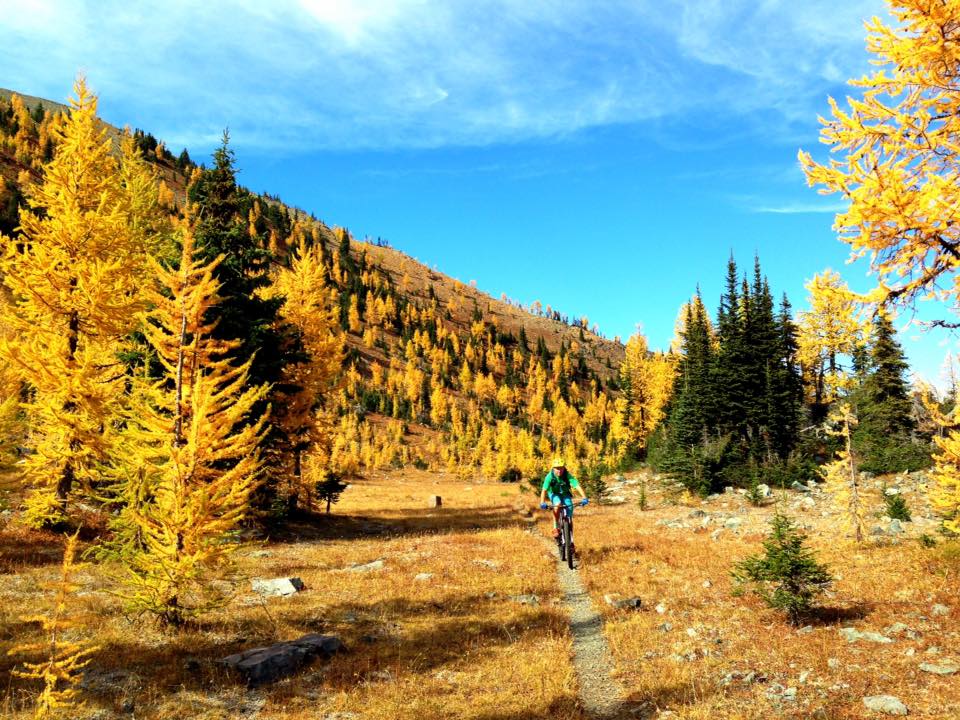
While the article itself is perhaps a fair treatment of one point of view, what’s interesting is the larger sample size of opinions that come to light in the comments section:
“Personally, I hope I never see a bicycle on the trail I am hiking.”
“I thought a fair portion of the [Wilderness Act] was to get people outdoors into the land, be active and not fat. Many people like biking and think hiking is boring.”
“I like seeing wildlife when I hike, but bikers make that hard to do since they scare them away.”
“My family enjoys all these types of quiet recreation, including biking. We enjoy it without conflict.”
There is a prevailing use of the first person.
Whether we agree or disagree with the premise that bicycles should be allowed in designated Wilderness areas, the real issue at hand is the personal and emotional response to such a far reaching piece of legislation.
Some outspoken citizens appear to believe that Wilderness management policy should somehow be based on how they like to spend their Saturdays, which is about as narcissistic as truly believing that God (architect of the universe) was watching your football game and helped you throw a touchdown.
Regardless of how we recreate, I like to think that most of the people in the room for these conversations feel strongly about the value of open space and public land.
Which brings me to another comment that I read:
“This is when I sympathize with the states’-rights-take-over-federal-lands movement.”
Both advocates for the Sustainable Trails Coalition and more resistant conservation groups are right in some of their talking points. But the conversation needs to be about strengthening Wilderness, not about individual user experience.
In this election cycle it’s easy to get distracted from the fact that public lands are under attack. Headline grabbing standoffs like in Burns Oregon or on the Bundy Ranch in Nevada are sensational, but really serve to highlight an underlying resentment of protections that we’ve come to take for granted.
The public land debate is not so different from the anti-vaccine movement. Those people out there who refuse to vaccinate their kids don’t know anyone who is paralyzed from Polio. They haven’t lost a loved one to Smallpox. The horror of the diseases that we’ve eradicated are alien to most of the people alive today.
We take vaccine protections for granted the same way that a discussion of land management policy can so quickly be reduced to how it suits our own hobbies. It’s apparently so secure in our minds that we can’t imagine it ever being taken away. The only thing to discuss, it seems, is how we should go enjoy what will always be there.
This approach to policy making is no less narcissistic than a toddler who is only interested in pictures of herself, and only slightly less so than that Tebow guy.
Both sides of the bikes-in-Wilderness issue have valid points for how their proposal serves the greater good. It’s our responsibility as citizens, and yes, as recreators, to keep the conversation on the resource and away from our next vacation.
Like
